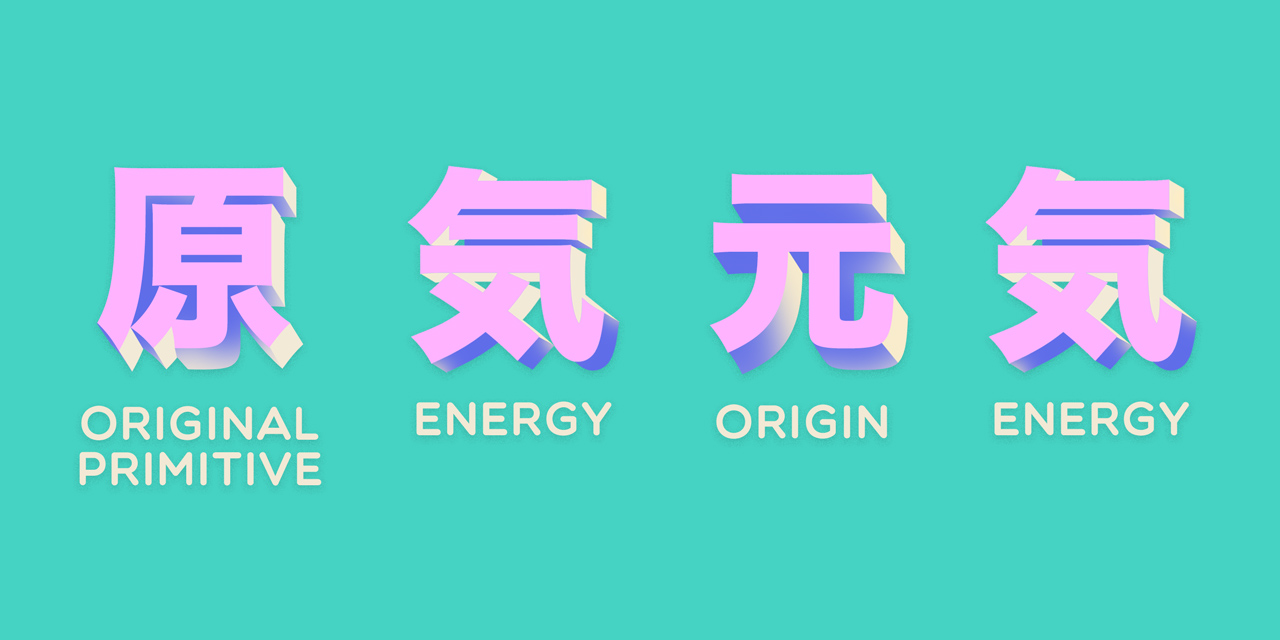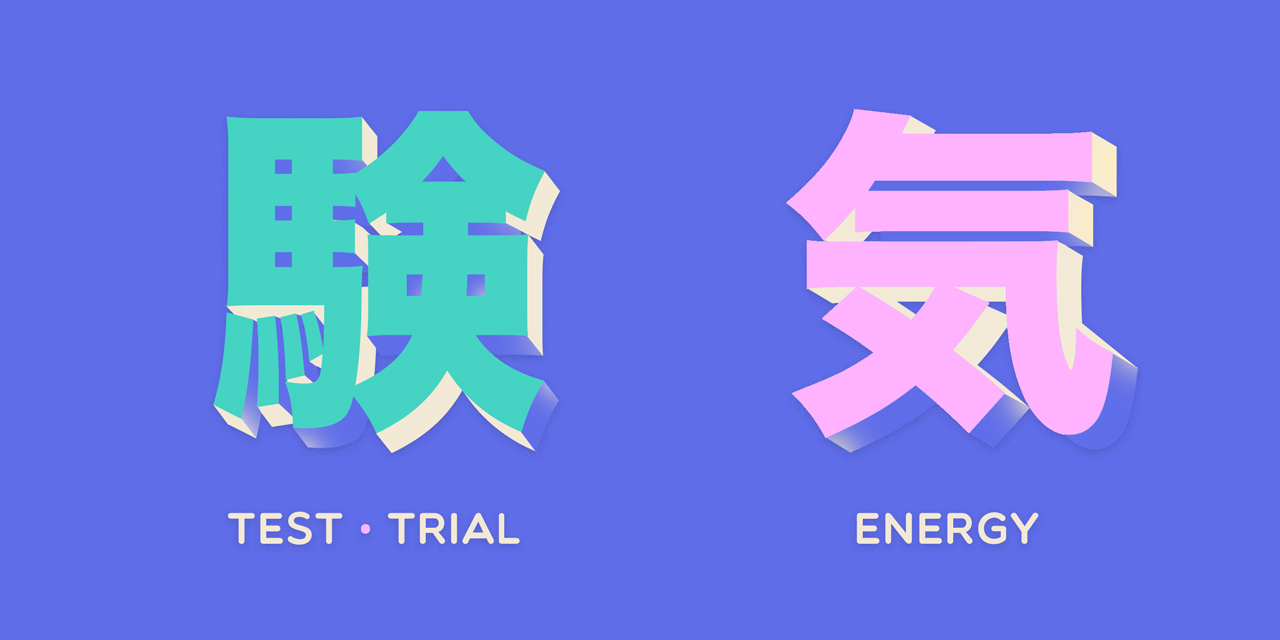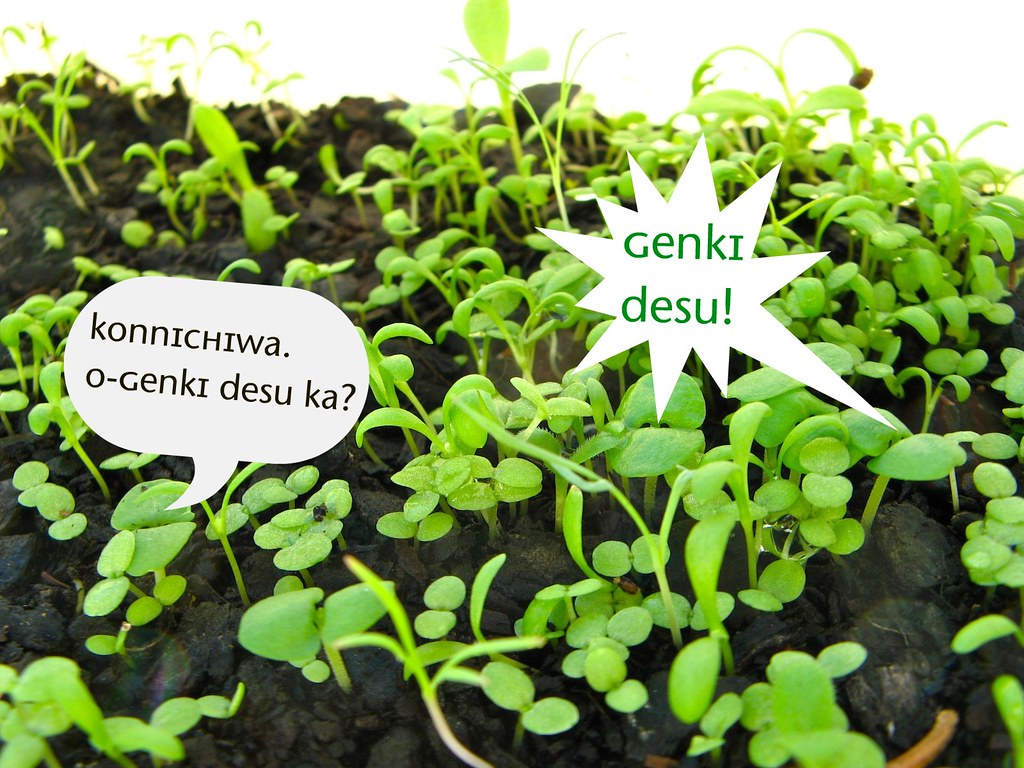
The Meaning of Genki Going Way Beyond "O Genki Desu Ka"
The make of "genki" in kanji includes the words "gen" (元), which means root, source, or original, and "ki" (気), meaning air, breath or wind. So "genki" refers to the original state of living (i.e. breathing) - which is a very traditional Chinese idea of "qi" (氣) that can be traced back to the times of Confucius.

The Meaning of Genki Going Way Beyond "O Genki Desu Ka"
Japanese Slang Language Culture Table of contents What does "genki" mean? How is "genki" used in everyday conversations? Why is being "genki" important in Japanese culture? Conclusion Have you ever heard the word "genki" in Japanese? It's a common term used to ask someone how they are doing.

25 Ways to Say How Are You in Japanese WeXpats Guide
O genki desu ka is a phrase in Japanese that means "How are you?" If you have been learning Japanese for any amount of time - you have likely heard this phrase. In many Japanese learning textbooks - お元気ですか is one of the first phrases that you will learn. This is true for our Japanese lessons as well.

The Meaning of Genki Going Way Beyond "O Genki Desu Ka"
"Genki" is often used to describe an older person, meaning someone who is in good spirits and young at heart despite their advanced years. You can use Genki in spoken Japanese as a greeting or as an adjective. The results are amazing, not good, and so on. Even though this interpretation differs from the original, it is fundamentally different.

Genki Desuka... AlIhtisyam
Genki Desu Ka, a song by the American rock band Styx, has captivated listeners with its catchy tune and meaningful lyrics. Released in 1981 as a single from their album "Paradise Theatre," this song has become a timeless classic for fans of the band and lovers of rock music alike.

The Meaning of Genki Going Way Beyond "O Genki Desu Ka"
Genki desu ka meaning Written by Krisada Hemsoe in How to prepare JLPT You probably haven't heard of this expression if you're just starting to learn Japanese. Most Japanese textbooks teach you genki desu ka as the first phrase. The most common greetings in Japanese are phrases like this.

The Meaning of Genki Going Way Beyond "O Genki Desu Ka"
1.私は元気です。 わたしはげんき。 Watashi wa genki desu. I'm fine. 2.大丈夫です。 だいじょうぶで。 Daijōbu desu. I'm okay. 3.眠いんです。 ねむいんです。 Nemui n desu. I'm sleepy. 4.絶好調です。 ぜっこうちょう。 Zekkōchō desu. I'm great. 5.調子が悪いです。 ちょうしがわるいです。 Chōshi ga I'm feeling bad. Warui desu. 6.いい感じです。 いいかんじです。 Ii kanji desu. I feel good. 7.悪くないです。 わるくないです。

The Meaning of Genki Going Way Beyond "O Genki Desu Ka? Hai, Genki Desu." Meant to be
cheerful, happy, to be in a good mood Let's look at some concrete examples! 1. Genki Means "I'm Fine", "I'm Well", or "Healthy" First of all, genki (元気) can be used to talk about your physical and/or mental health. In this situation it is best translated as " I'm fine ", " I'm well ", " I'm doing well ". Genki! 元気! I'm fine! I'm well!

The Meaning of Genki Going Way Beyond "O Genki Desu Ka"
The o genki desu ka meaning is just "how are you" or "are you well?" This is the literal and formal way to say how are you in Japanese. Now, how about the o genki desu ka words broken down? The word "genki" simply means "lively" or "well." The "O" before it makes it polite.

"Genki Desu Ka! How Are You お元気ですか" Poster by nihontees Redbubble
元気(げんき) lively, full of spirit, energetic, vigorous, vital, spirited , healthy, fit, the basic energy of the universe that flows through everything O genki desu ka? Hai, genki desu. When you begin learning Japanese, one of the first words you run into is genki (元気). Classroom students tend to learn "Ogenki desu ka?"

The Meaning of Genki Going Way Beyond "O Genki Desu Ka"
O-genki desu ka? お元気ですか? Intended meaning: What's up? How are you? More formal; With a slight modification, you can make this phrase formal. Instead of 元気, we say お元気. The pronunciation is, "o genki." How? By adding お (pronounced "oh") at the beginning of the word. Listen to the Japanese pronunciation:

ogenki desu ka? Flickr Photo Sharing!
O genki desu ka is a phrase in Japanese that means "How are you?" If you have been learning Japanese for any amount of time - you have likely heard this phrase. In many Japanese learning textbooks - お元気ですか is one of the first phrases that you will learn. This is true for our Japanese lessons as well.
"O genki desu ka"是什么意思? 关于日语(日文) HiNative
お元気ですか ( ogenki desu ka) is an expression that is often translated to "How are you?" in English. This expression is used in both spoken conversations and in writing (letters, emails, texts, etc.) However… お元気ですか is NOT commonly used by native speakers.

"Genki Desu Ka! How Are You お元気ですか" Poster by nihontees Redbubble
To reply politely that you are doing fine, use watashi wa genki desu (pronounced: wah-tah-shee wah gain-kee des). Alternatively, you can just say genki desu (pronounced: gain-kee des). Follow both replies with arigato (pronounced: "ar-ee-gah-toh"), which means "thanks." Say arigato! with enthusiasm and like you mean it.

The Meaning of Genki Going Way Beyond "O Genki Desu Ka"
"Genki desu ka?" is a common greeting in Japan, used between friends, co-workers, and even strangers in more formal situations. The typical answer to this question is "Genki Desu" (元気です), which means "I'm fine" or "I'm energy."

"Genki Desu Ka! How Are You お元気ですか" Poster by nihontees Redbubble
The phrase "desu ka" is a commonly used expression in the Japanese language that serves as a polite way to form a question. It is a combination of two words: "desu," which is a copula verb meaning "to be" or "is," and "ka," which is an interrogative particle indicating a question.